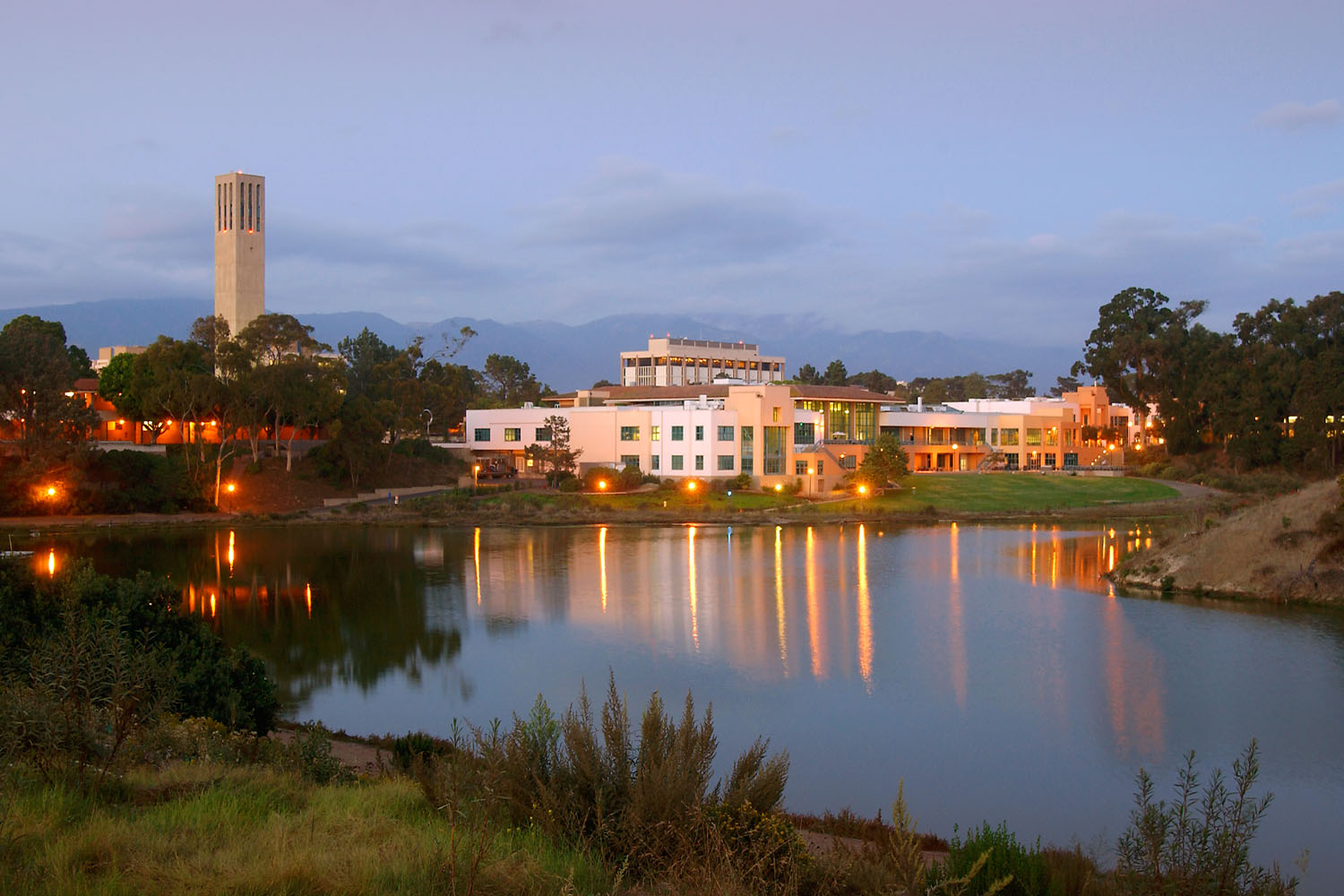2016 Rankings: Top 10 Online Master’s Programs in GIS
Based on comments, the majority of readers are most interested in online graduate programs and several new players have emerged just in the past year. So, for my 2016 rankings, I’ve decided to focus on online Master’s degree programs in GIS/Spatial. To keep the task manageable I will not include any Certificate programs, only programs offering graduate degrees.
As I’ve cautioned in previous posts (see 2012, 2013, 2014 and 2015 rankings), the programs I consider to be the very best may not be the best for you. Graduate education is an individual decision; there is no one-size-fits-all approach. That said, I’ve ranked the programs according to my perception of quality and relevance for students wanting to pursue a Spatial Career.
- University of Southern California: The Spatial Sciences Institute at USC has taken a commanding lead in creating an innovative graduate program designed to train the next generation of professional spatial data scientists. In addition to their Master of Science in Geographic Information Science and Technology, they are now offering a Master of Science degree in Spatial Informatics, a Master’s in Public Health with a GeoHealth focus and a Ph.D. in Population, Health and Place. Their programs are online with a short residential component. For now, this is the place to be for online spatial education.
- Penn State: The Geography Department at Penn State is one of the world’s best and their online GIS program is the most established and probably the most prolific in terms of producing graduates. They have a huge number of course options and a variety of emphasis areas. I worry they’re still a bit stuck in the older, ESRI-driven GIS generation 1.0 world but there’s no disputing their expertise in GIS and online education.
- Johns Hopkins: Although Johns Hopkins doesn’t have a geography department they have a long history of excellence in Regional Science, which is essentially quantitative economic geography. I’ve heard from students who have participated in the program and they give it very high marks. In addition, graduates benefit from strong brand recognition and a solid cohort of professional/adjunct instructors living and working in the Washington DC area where GIS jobs are plentiful.
- North Carolina State: The Center for Geospatial Analytics has pulled together a strong interdisciplinary cohort of research and teaching faculty to offer a Master’s in Geospatial Science and Technology. The curriculum appears to be quite rigorous and the University’s location is likely to facilitate post-graduate job opportunities in North Carolina’s Research Triangle, a great place to pursue a career in technology.
- Kentucky: One of four new offerings that have emerged in the past year, Kentucky’s program is called “New Maps Plus”. This is a strangely whimsical name for a serious graduate degree. Kentucky’s Geography Department has become one of the best thanks to Professor Matthew Zook‘s innovative leadership. You can expect to learn some really cool web programming and visualization techniques that should leave you well-equipped to build web applications and a career in GIS. On the downside, you will also be subjected to 2 classes in Social Theory where you’ll have to endure an annoyingly obscure and inane literature. This is great stuff if you want to be an academic sociologist, not so useful if you want to be an applied geography/GIS person.
- Wisconsin: Another new program with a very exciting looking curriculum and offered from one of the best geography departments in the world. I like the looks of everything about this program except for the size of the teaching faculty. It’s not clear to me who will be doing the bulk of the teaching; in fact, there may be only one or two instructors? This seems inadequate. I look forward to seeing the faculty list lengthen after which I would likely improve Wisconsin’s position on this list.
- Washington: The focus on Washington’s new program is sustainability which is a cool word, sort of like holistic, but I’m not really sure what it actually means if you’re looking through a GIS lens. It’s probably a very good program and worthy of investigation if you’re looking for an environmental career with GIS in your toolkit. But, if you’re more interested in programming, visualization and spatial analysis I think you could do better elsewhere. Also note there’s some requirements to show up in person which may make this less attractive for those not living on the west coast of the U.S.
- Arizona: With a solid geography department, this could be an excellent program. But, Arizona doesn’t dazzle me with GIS/Spatial expertise, that prize would go to their in-state rival, Arizona State and Luc Anselin’s School of Geographical Sciences and Urban Planning (no online GIS programs I’m aware of at ASU). That said, the University of Arizona is an outstanding university and their program may far exceed my perception and expectations. Definitely worth a look but probably less cutting edge than some others on this list, though I’d be happy to be proven wrong.
- Kent State: I’m seeing advertisements for Kent State’s new online program everywhere so they’re certainly doing a good job of promoting via Google AdWords. And, it looks like the program is geared toward use of GIS within Environmental Geography. This is cool and could be ideal for some. But, I probably wouldn’t want to be an early adopter here. If you are choosing from among one of the newest programs go for Kentucky or Wisconsin as I expect them to outperform Kent State in the long run.
- Northern Arizona: If it were me I’d want to move to Flagstaff and emerge myself in the beautiful surroundings along with the graduate program as it’s offered both online and in a traditional residential format. This could be a good option for those inclined to the environmental side of geography and GIS but it’s a bit difficult to tell how current the faculty might be technologically. I would be worried about suffering through courses where you only learn how to push buttons in ArcGIS and don’t actually learn how to write code for the web.
Other programs worth investigating (in alphabetical order):
Well, there you have it! I hope this provides some direction and insight for those of you shopping for an online GIS graduate degree. I would have liked to include tuition information but for many programs it’s very difficult to figure out actual costs. It’s not clear how in-state/out-of-state tuition comes into play nor how additional fees might impact total program cost in some cases. You’ll have to investigate on your own. Obviously cost is a huge consideration so as I learn more I’ll try to keep you posted. Thanks for reading!

